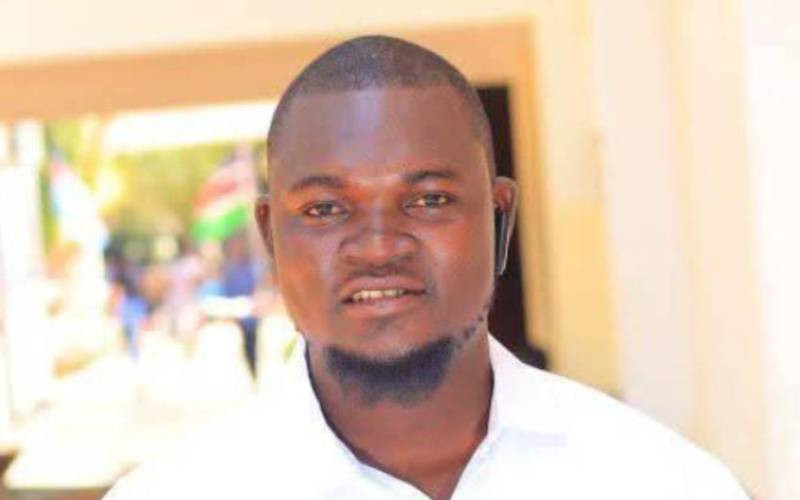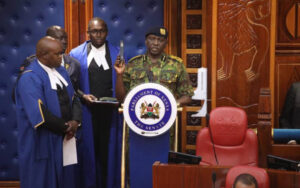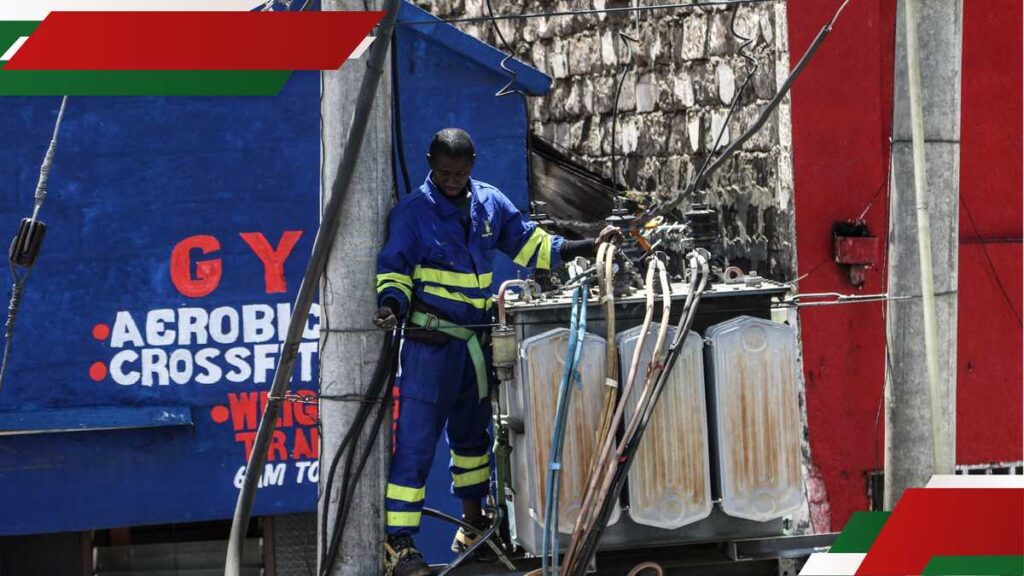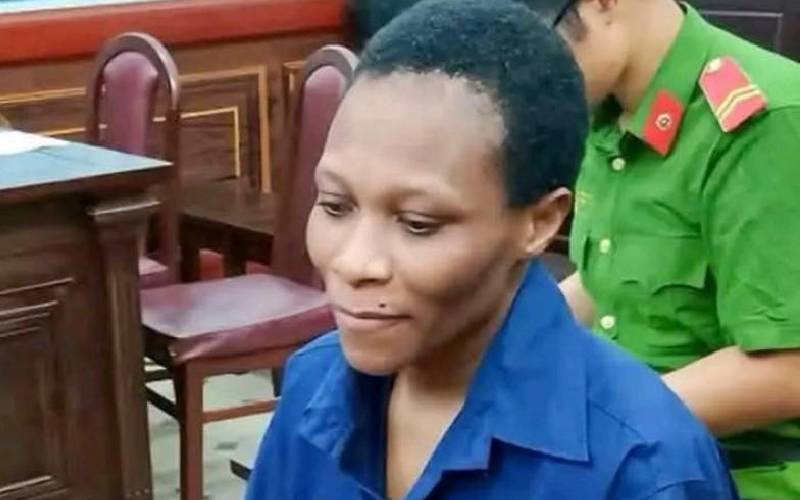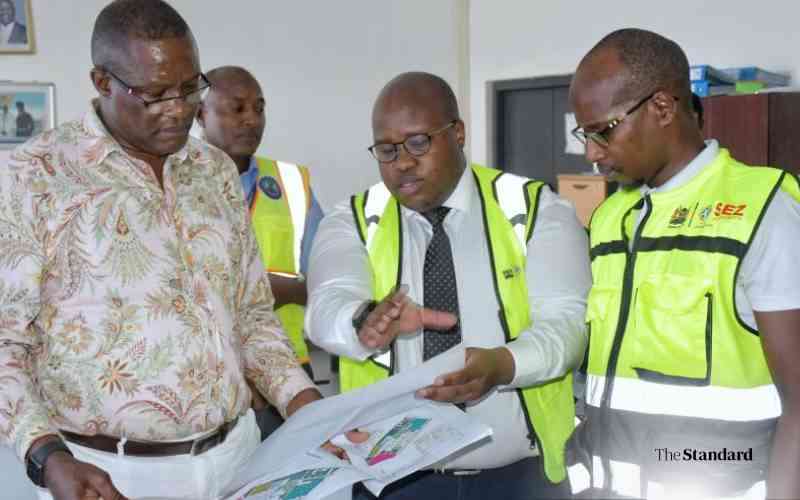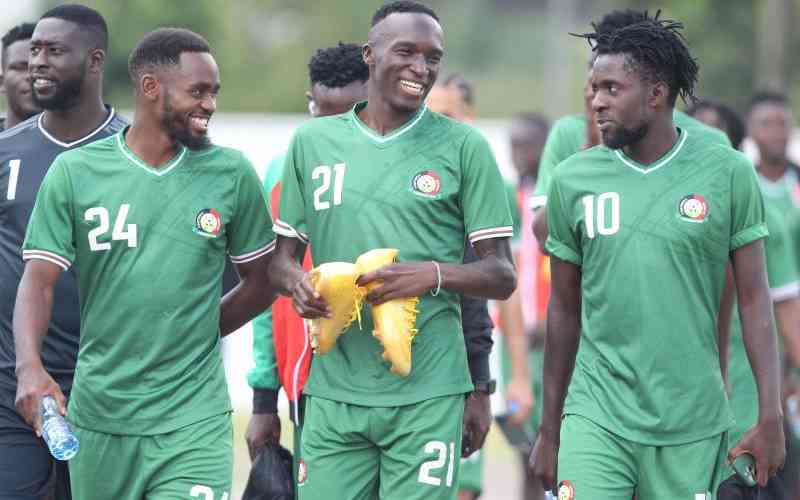The Legal Resources Foundation Trust on Tuesday condemned the death of Albert Ojwang in police custody, calling it a constitutional violation and evidence of systemic failure in police service.
Ojwang, who had travelled to Migori County to visit family, was arrested by officers allegedly linked to the Directorate of Criminal Investigations (DCI) over a social media post described by authorities as “derogatory.”
He was transferred to Nairobi and held at the Nairobi Central Police Station.
Police said Ojwang died after attempting suicide in his cell.
“He was rushed to the hospital after what we think was an attempted suicide. He had injured himself in the head and was rushed to the hospital, where he died. He did not die here in custody,” said Nairobi Central Police boss Stephen Okal.
However, a postmortem conducted Tuesday, June 10, at City Mortuary by five pathologists found otherwise.
“There were serious injuries to the head. There were also features of neck compression and multiple soft tissue injuries that were spread all over the body. These are injuries that are externally inflicted and are consistent with assault,” said Dr Benard Midiai, the lead pathologist.
The examination ruled out suicide, indicating Ojwang died from head trauma, neck compression and widespread soft tissue injuries—pathologists collected samples for additional forensic testing.
In a press statement on Wednesday, June 11, the Legal Resources Foundation Trust noted Ojwang’s case resembled previous extrajudicial killings, including those of Willie Kimani, Josephat Mwenda and Joseph Muiruri in 2016.
“The death of Mr Ojwang in the hands of the police rekindles memories of other Kenyans who have suffered a similar fate, such as Mr Willie Kimani, Mr Josephat Mwenda and Mr Joseph Muiruri in 2016,” read the statement.
Executive Director Esau Riaroh criticised the circumstances surrounding the death.
“Human rights violations in the hands of those meant to respect, protect and fulfil the same rights is unacceptable and contravenes the provisions of Article 4 of the Constitution of Kenya, 2010,” noted Riaroh.
He welcomed the intervention of officers on duty during Ojwang’s detention by Inspector General of Police Douglas Kanja but insisted that accountability should not stop with junior officers.
“We call for additional measures that go up the chain of command to ensure that the investigations are unimpeded and all found culpable are held to account,” said Riaroh.
He said Ojwang’s death exposed a deeper problem within law enforcement.
Stay informed. Subscribe to our newsletter
“The continued reports of deaths in custody are worrying and further show that there is no institutional learning from the previous cases,” added Riaroh.
The organisation called for urgent police reforms and a shift in internal culture.
“We therefore call for urgent institutional reforms that will usher in a culture change that fosters respect for human rights, efficiency and service delivery as per the Constitution of Kenya,” the statement read.
“We wish to convey our deepest condolences to the family and friends of Mr Ojwang for the loss of his life. We commit to demand for justice to be seen to be served,” said Riaroh.








